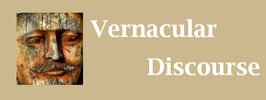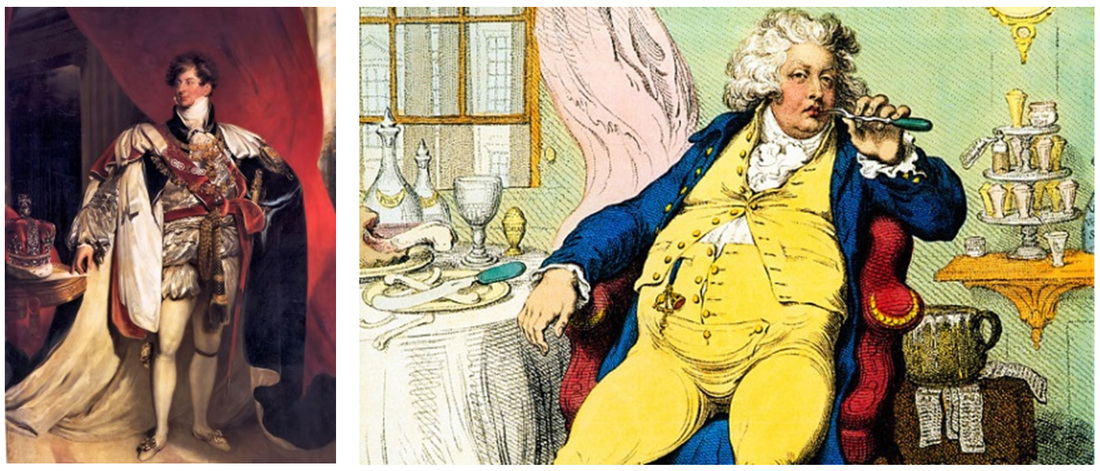|
Parody
Satire
|
a discursive strategy or text that ridicules a target through mimicry; from the Greek para- 'beside' and oide 'song'; pragmatically, placing language beside itself, in a mock song
a text or genre that embarrasses or ridicules targets; from the Latin satura, meaning 'poetic medley'
|
Examples
|
Satirizing social customs
|
Parodying sacred texts
|
|
Most cultures make 'small talk' to begin social encounters and to avoid the social embarrassment of silence. The British tend to small-talk about the weather. P.G. Wodehouse satirizes this habit in The Heart of a Goof.
|
Sacred texts are often parodied for comedy. In Jeeves and the Mating Season, P.G. Wodehouse parodies a speech on forgiveness from The Merchant of Venice.
|
Today the internet offers mass self-communication possibilities. There we find people parodying and satirizing many things.
|
Parodying Hitler's temper
Downfall, Constantin Film, 2004 |
Satirizing 'Christian' marriage
Mrs. Betty Bowers, 2 June, 2009 |
Purpose
Parody and satire are the most powerful texts for laughing at society and upbraiding the powerful. Social critiques may parody or satirize the powerful because nothing is so ignominious as being laughed at.
Satire appears often in broadly 'political' fields because it powerfully attacks vices and immoral conduct. Oppressive regimes often silence critical artistic works - The Communist Party of China sill bans Animal Farm (1945) in China because it shows the corrupting effects of communism.
Satire appears often in broadly 'political' fields because it powerfully attacks vices and immoral conduct. Oppressive regimes often silence critical artistic works - The Communist Party of China sill bans Animal Farm (1945) in China because it shows the corrupting effects of communism.
Usage
Laughing at Power
Parody and satire often campaign for social change in artistic works like cartoons and advertisements.
|
Official portrait of King George IV and James Gillray's 19th century parody of the 'real' King
|
A magazine parody of the sexual exploitation of the female body
|
Parody or Satire or Ridicule or Irony?
Defining and distinguishing between parody and satire is difficult. Both are forms of art, but art and creativity rarely reduce to taxonomies because, by definition, art is creative and deviant. People have consequently tried to define or capture the general nature of parody and satire.
|
Parody Definitions
Margaret Rose
The comic refunctioning of preformed linguistic or artistic material Umberto Eco
Parody takes readers on inferential walks. Mikhail Bakhtin
Parody is the creation of a decrowning double; it is that same 'world turned inside-out.' Vladimir Nabokov
Satire is a lesson; parody is a game. |
Satire Definitions
Jonathan Swift (17th Century)
Satire is a sort of glass, wherein beholders do generally discover everybody's face but their own. Byron (18th Century)
Fools are my theme; let satire be my song. Finley Peter Dunne (19th Century)
[Satire is] to comfort the afflicted and afflict the comfortable. Ambroise Bierce (19th Century)
An obsolete kind of literary composition in which the vices and follies of the author's enemies were expounded with imperfect tenderness |
Parody and satire have more similarities than differences. Successful parody and satire satisfy the following.
Successful Parody & Satire
|
Shared Features
Successful parody and satire...
|
Different Features
Parody and satire differ because...
|
|
|
Parody & Satire Forever
Parody and satire live forever because all societies create power imbalances between the rulers and the ruled. The one thing the less powerful can always do, if nothing else, is to laugh at those above them; and thus palliate their suffering through laughter. The author of the first book of satires captured this human impulse.
Juvenal (2nd Century)
It's harder not to be writing satires; for who could endure
this monstrous city, however callous at heart and swallow
his wrath?
It's harder not to be writing satires; for who could endure
this monstrous city, however callous at heart and swallow
his wrath?
Satire and parody are commoner in more democratic societies. Well-known examples include television shows like Spitting Image, South Park and The Daily Show and films like Borat, Dr Strangelove and the Monty Python films.
|
Queen Elizabeth writes her Christmas cards
Spitting Image, ITV, 1986 All Things Bright and Beautiful Hymn
Cecil F. Alexander, 1848 All things bright and beautiful,
All creatures great and small, All things wise and wonderful, The Lord God made them all. Each little flower that opens, Each little bird that sings, He made their glowing colors, He made their tiny wings. The purple-headed mountain, The river running by, The sunset, and the morning, That brightens up the sky; The cold wind in the winter, The pleasant summer sun, The ripe fruits in the garden, He made them every one. He gave us eyes to see them, And lips that we might tell, How great is God Almighty, Who has made all things well. |
Borat satirizes his culture
Borat, 20th Century Fox, 2006 All Things Dull and Ugly Parody
Monty Python, 1980 All things dull and ugly,
All creatures short and squat, All things rude and nasty, The Lord God made the lot. Each little snake that poisons, Each little wasp that stings, He made their brutish venom. He made their horrid wings. All things sick and cancerous, All evil great and small, All things foul and dangerous, The Lord God made them all. Each nasty little hornet, Each beastly little squid, Who made the spikey urchin? Who made the sharks? He did! All things scabbed and ulcerous, All pox both great and small, Putrid, foul and gangrenous, The Lord God made them all. |
The Necessity & Dangers of Parody & Satire
The internet enables anyone to parody or satirize power today. Some believe satire destabilizes the social order while others believe destabilization a necessary condition for a healthy society. The actor Bruno Ganz, who played Hitler in Downfall, reflects on this below and on the extraordinary number of Downfall parodies on YouTube.
|
A parody of Hitler complaining about people parodying him on YouTube:
Downfall, Constantin Film, 2004 |
Bruno Ganz talks about the creativity and tragicomedy of parody and satire
Hitlerparody, 2010 |
See also theories and effects of laughter.


